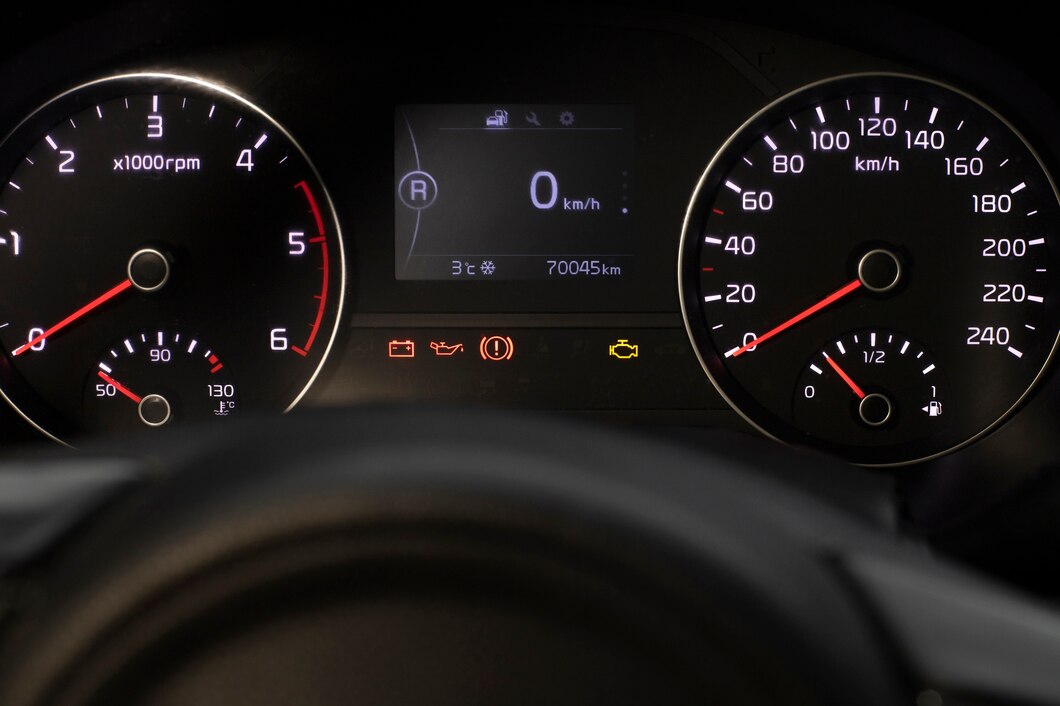When shopping for a used car, one of the most critical factors influencing its value is mileage. Understanding how mileage affects car value can help you make an informed decision and negotiate a fair price. Here’s what you should consider:
1. Understanding Mileage:
Mileage refers to the number of miles a car has been driven since it was first purchased. It’s a key indicator of how much wear and tear the vehicle has experienced over its lifetime. Generally, the higher the mileage, the more wear and potential maintenance the car may require.
2. Depreciation and Mileage:
Mileage plays a significant role in a car’s depreciation rate. New cars typically lose a significant portion of their value within the first few years of ownership, and mileage is a major factor in this depreciation. High-mileage cars often depreciate faster because they have more wear and are perceived to have less remaining lifespan compared to low-mileage counterparts.
3. Resale Value:
When it comes time to sell or trade in your car, mileage will directly impact its resale value. Dealerships and private buyers consider mileage alongside factors like age, condition, and market demand when determining how much they are willing to pay for a vehicle. Lower mileage cars generally command higher resale values because they are perceived as being in better condition and potentially having more life left.
4. Maintenance and Repairs:
High mileage often correlates with increased maintenance and repair costs. Components such as the engine, transmission, suspension, and brakes may require more frequent servicing or replacement as mileage accumulates. Buyers are aware of these potential costs, which can influence their willingness to pay for a higher mileage vehicle.
5. Driving Habits and Mileage Impact:
Not all miles are equal when assessing a car’s value. Highway miles typically result in less wear and tear compared to city driving, where frequent stops and starts can strain the engine and brakes. Be sure to inquire about the type of driving the previous owner did, as it can provide insights into how the car has been used and maintained.
6. Market Considerations:
Market demand also plays a role in how mileage affects car value. Popular models with high reliability ratings may hold their value better despite higher mileage, especially if they are known for durability and longevity. Conversely, less popular models or those with known reliability issues may see steeper depreciation with higher mileage.
7. Buying and Selling Strategies:
If you’re buying a used car, consider your budget and intended use when evaluating mileage. A car with higher mileage but a well-documented maintenance history and lower price may still be a good value if you plan to drive it for several more years. When selling or trading in your car, keeping mileage low and maintaining regular maintenance records can help maximize its resale value.
8. Negotiating Based on Mileage:
When negotiating the purchase or sale of a used car, use mileage as a bargaining tool. Research the market value for similar vehicles with comparable mileage and condition, and be prepared to justify your offer or asking price based on these factors. Understanding how mileage influences value empowers you to negotiate confidently and make decisions that align with your budget and expectations.
In conclusion, mileage is a critical factor in determining the value of a used car. By considering how mileage affects depreciation, maintenance costs, resale value, and market demand, you can make informed decisions whether you’re buying or selling a vehicle. Take the time to research, inspect, and understand the implications of mileage to ensure you get the best value for your investment in a used car.











